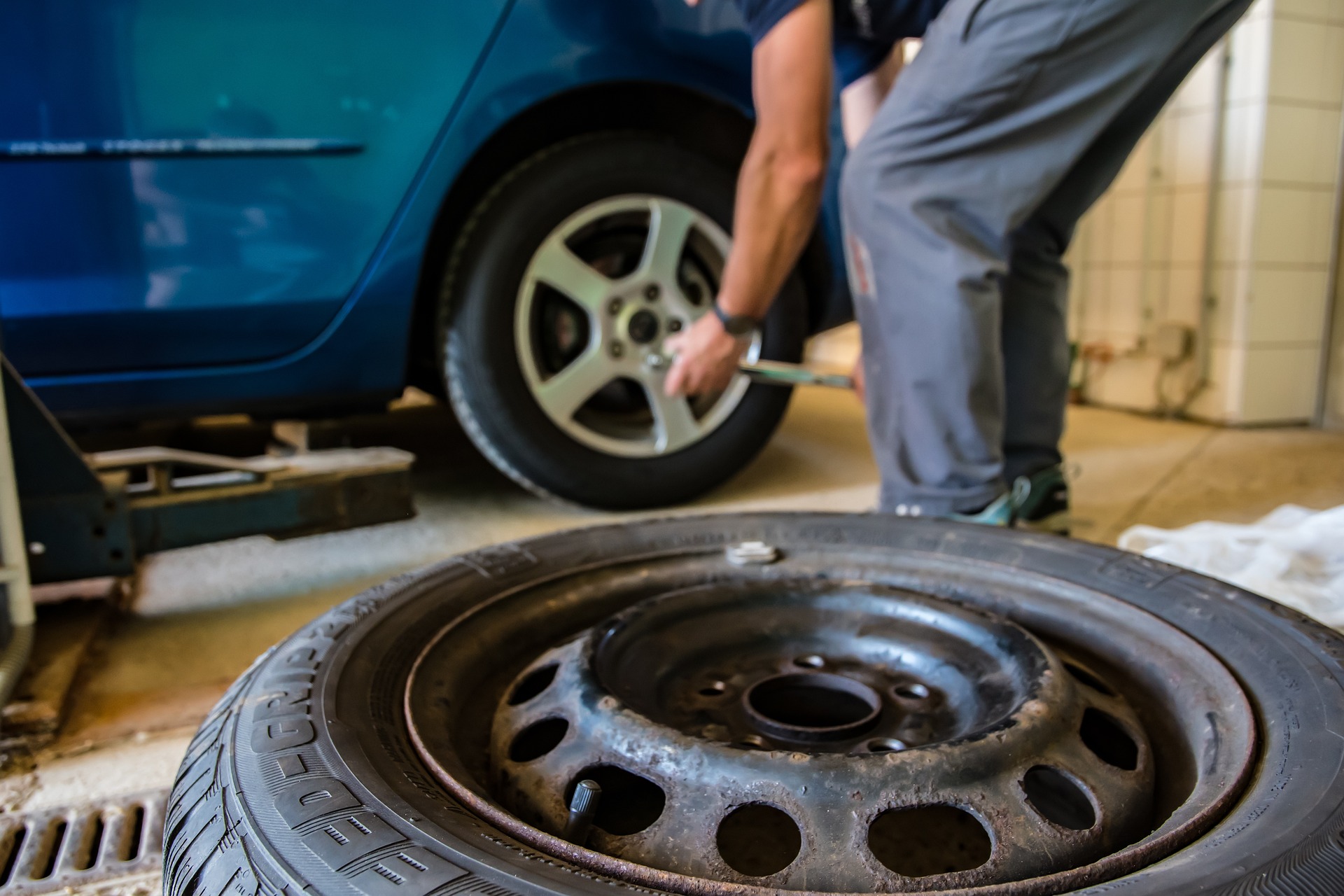
Prevent a Car Wreck with Regular Maintenance
One of the best ways to prevent a wreck is to make sure that your vehicle is well maintained. The National Highway Traffic Safety Administration (NHTSA) says that as many as 20% of all wrecks are caused by failure to maintain a vehicle. When there are over 40,000 traffic fatalities each year, that suggests 8,000 lives could be saved with proper vehicle maintenance.
Let’s let the Car Crash Captain dig in and see what we can do to ensure our own vehicles are operating properly.
The Top Three Neglected Maintenance Issues
There are certainly more things that could go wrong with your vehicle as you’re driving. However, these three are the leading causes on traffic accidents. Like they say, an ounce of prevention is worth a pound of cure – make sure you’re not causing someone else misfortune and grief.
- Tires and Tread – Worn tires are a huge issue on the road. In fact, Consumer Reports estimates as many as 50% of vehicles on the road are running on tires that are too worn to operate safely. While worn, or bald, tires may not seem to be an issue when the roads are clean and dry, they become a huge issue when debris, rain, snow, or ice cover them. After a snow storm, we spoke with an auto repair company in Montana, they said nearly every single car that came into the shop in the past few days had tires that were too far worn.
What to look for? If the tread depth on your tires is 1/16 inch, or less, it’s time to replace them. You can use a penny for this test, insert the penny into the tread and if you see the top of Abe’s head, it’s time to replace.
- Brakes and Pads – There’s more to the brakes than just the pads; however, that is the part that tends to wear out the fastest. Any modern brake pad will have wear indicators so you know when it’s time to get them replaced. These indicators are little pieces of metal that will rub against the rotor when the pads are approaching the end of their life. Most shops anymore won’t just swap out the pads – you replace the rotors as well and get the rest of the parts inspected in case they’re reaching the end of their lifespan.
What to look for? Really, it’s what to listen for: if you hit the brakes and hear an awful grinding metal-on-metal squeak or chirp, it’s time to get your brakes tuned up.
- Fluids and Lube – Your vehicle operates because of a complex network of machine parts and fluids. Most know that engine oil is necessary – skip the oil changes and your engine will eventually overheat, seize up, or even combust. But other fluids, like transmission and brake fluids, need changed regularly as well. These don’t need as much service as engine oil – every 45,000 miles or so (check the details on your own make and model). If your brake fluid is too low, it’s going to be hard to stop; if your transmission fluid is too low, the vehicle will struggle to shift gears.
What to look for? If you notice signs of low fluids or lube, it’s too late. Instead, keep a journal or set reminders on your calendar to change the oil every 3,000 to 5,000 miles, and to get a full fluid service every 30,000 to 45,000 miles.
Herbert Law Group Helps Accident Victims Receive Compensation
If you forget to maintain your vehicle, and you cause a wreck you will be the at-fault driver. However, if someone else is about to crash into you, and you haven’t maintained your vehicle, you might not be able to avoid a wreck.
It’s easier to avoid a wreck, than it is to fight for compensation – especially if you have been injured.
No matter how much preparation is done, there are still times when bad drivers interrupt our lives. If you have been injured in a Texas car wreck, then you need Herbert Law Group on your side. Call our offices at 214-414-3808, or fill out the contact form on our site and we’ll reach out to you. Let’s find out what happened, and figure out how we can help.
